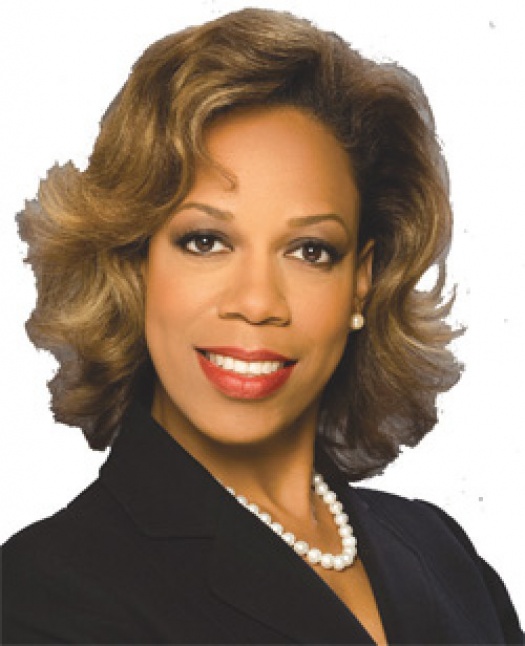
New Orleans. It’s hard to talk about that city without the ravages of Hurricane Katrina coming to mind. The memories of the devastation are fresh even to those who’ve only seen it on TV and even fresher to New Orleans’ residents who remain displaced, dish
There I was, sitting amid a panel of African American celebrities, authors, academics and values leaders, and yet a meaningful discussion about how to build economic infrastructure within the Black community never left the ground.
Dr. Julianne Malveaux, the noted Black economist, college president and motivational speaker, and Rev. T.D. Jakes tried to tackle the topic of economic empowerment on more than one occasion with comments that never took flight. There seemed to be more interest in discussing values, mentoring and how to raise more disciplined children than addressing the source of the day-to-day woes that plague African Americans in communities around the country: The ongoing struggle to achieve economic viability.
I mean, literally, the economy was the 800-pound gorilla in the room. It might as well have been a hologram. CNN, which covered the panel, takes great pains to report on air each day that Americans’ No. 1 concern is the economy. Yet, there was a lack of focus on economic empowerment during panel discussions at the festival, and the audience didn’t call them on it. I thought, “How can that be, especially in a city with one of the highest African American poverty rates in the country?”
And then it occurred to me that maybe there is an unwillingness and even an inability in the Black community to discuss economic infrastructure. And while I had respect for and agreed with what my fellow panelists were saying about parental engagement and mentoring, I was puzzled by the lack of understanding for what Black folks really need to support their families, become better parents and prepare the next generation of leaders: Clear pathways to good-paying jobs. Or, to quote former President Bill Clinton’s famous campaign mantra during the presidential race of 1992: “It’s the economy, stupid.”
People need jobs. It’s more than just mentoring, or parenting, or leaders pounding their fists and calling for change. Leadership is just beginning to catch up to where people really are.
Think about it? What’s preventing people from being good parents? Are they unemployed? Are they unable to find a job because they’ve been incarcerated in the past? Are they working two or three dead-end jobs for low wages? You have to help people solve their day-to-day problems first; then you earn the right to tell them how to be a better parent. When you have multiple generations in the Black community where the value system has been based on babies having babies and men and women becoming grandparents in their early 30s, then that concept gets lost.
I commend CNN and anchor Soledad O’Brien for taking on the challenges that face Black America during the festival. I encourage everyone to watch her special series Black in America airing July 23 and 24 on CNN. But we’ve got to be willing as a people to engage in a discussion that focuses on economic solutions.
Soon, the Urban League will announce its new class of candidates in our coveted nextONE entrepreneurship program designed to help African American owned business grow to scale.
I believe the future of the civil rights movement lies with Black entrepreneurs. Now, if that sounds like a burden imposed on struggling Black-owned businesses, it’s not. It’s simply a clarion call to rally the troops. In this case, the troops are civil rights organizations, educational institutions and private sector entities, and YOUû to support the growth of Black-owned businesses, to provide owners with the tools necessary to be successful enough not only to build wealth for themselves but to hire other Black people.
Cheryle R. Jackson is the president of the Chicago Urban League. She can be reached at president@thechicagourbanleague.org.
______ Copyright 2008 Chicago Defender. All rights reserved. This material may not be published, broadcast, rewritten, or redistributed.
